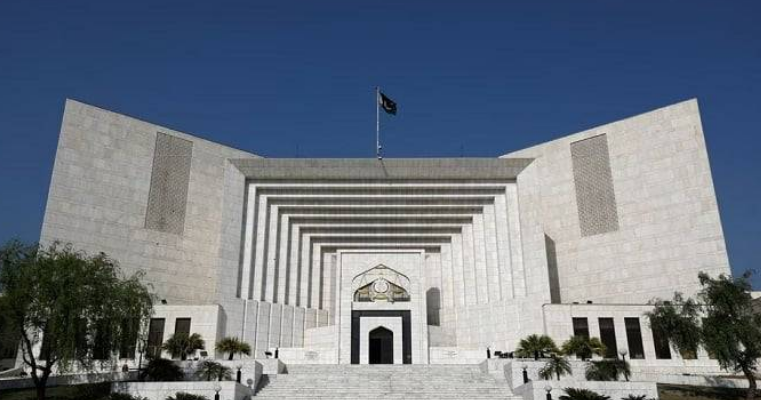Islamabad (Web Desk): Pakistan Tehreek-e-Insaf (PTI) has approached the Supreme Court, challenging the 26th Constitutional Amendment and seeking its repeal.
The party argues that the amendment infringes on the independence of the judiciary and the constitutional principle of the separation of powers.
PTI claims that Parliament does not have the authority to modify the fundamental structure of the Constitution and that any alterations which threaten judicial autonomy are unconstitutional.
Furthermore, the party is requesting the court to nullify any actions taken under this amendment until a final decision is made.
Meanwhile, Pakistan Peoples Party (PPP) Chairman Bilawal Bhutto Zardari on Friday strongly defended the amendment, emphasizing that only Parliament has the power to amend or reverse it.
He warned against any attempt by other institutions to interfere in this process.
Bilawal also addressed the role of the judiciary, asserting that when new judges are appointed to the SC, the existing judges should facilitate their integration rather than complicating their adjustment.
His comments come amid growing tensions surrounding the 26th Amendment, with the ongoing debate over its implications for the judicial system.
The amendment, passed in October 2024, made significant changes to how the Chief Justice of Pakistan (CJP) is selected, shifting from the traditional seniority-based approach to one that involves a parliamentary committee.
Bilawal, while stressing the importance of respecting the Constitution, reiterated that any reversal of the amendment should be carried out exclusively by Parliament, warning that no other entity could impose such changes.
The top court is set to hear petitions regarding the amendment on January 27, further intensifying the ongoing discussion on its potential impact on the judiciary.
The growing divisions among political parties and within the judiciary itself are likely to keep the issue at the forefront of national discourse in the coming weeks.


